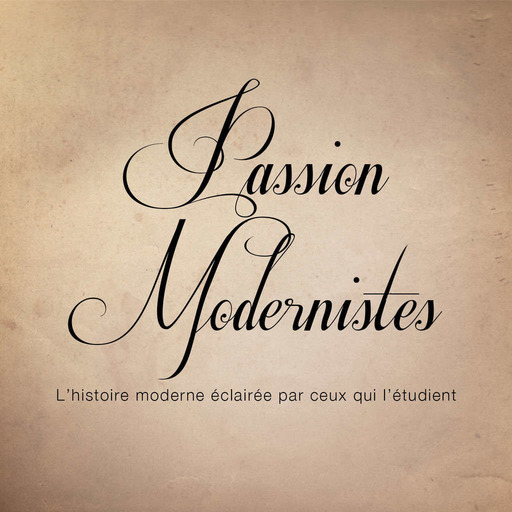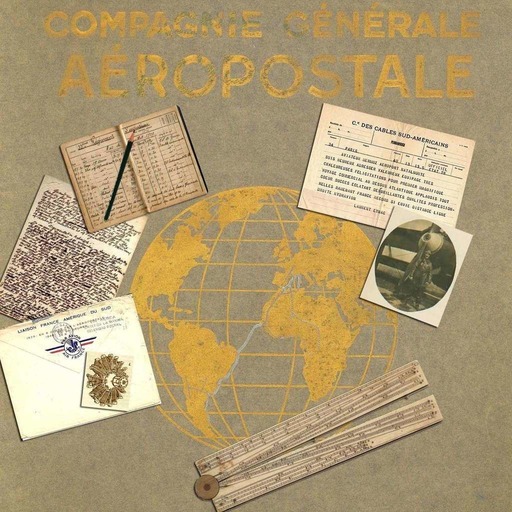Melvyn Bragg and guests discuss the infamous assault of an army of the Holy Roman Emperor on the city of Rome in 1527. The troops soon broke through the walls of this holy city and, with their leader shot dead early on, they brought death and destruction to the city on an epic scale. Later writers compared it to the fall of Carthage or Jerusalem and soon the mass murder, torture, rape and looting were followed by disease which was worsened by starvation and opened graves. It has been called the end of the High Renaissance, a conflict between north and south, between Lutherans and Catholics, and a fulfilment of prophecy of divine vengeance and, perhaps more persuasively, a consequence of military leaders not feeding or paying their soldiers other than by looting.
With
Stephen Bowd Professor of Early Modern History at the University of Edinburgh
Jessica Goethals Associate Professor of Italian at the University of Alabama
And
Catherine Fletcher Professor of History at Manchester Metropolitan University
Producer: Simon Tillotson
Reading list:
Stephen Bowd, Renaissance Mass Murder: Civilians and Soldiers during the Italian Wars (Oxford University Press, 2018)
Benvenuto Cellini, Autobiography (Penguin Classics, 1999)
Benvenuto Cellini (trans. Julia Conaway Bondanella and Peter Bondanella), My Life (Oxford University Press, 2009)
André Chastel (trans. Beth Archer), The Sack of Rome 1527 (Princeton University Press, 1983
Catherine Fletcher, The Beauty and the Terror: An Alternative History of the Italian Renaissance (Bodley Head, 2020)
Kenneth Gouwens and Sheryl E. Reiss (eds), The Pontificate of Clement VII: History, Politics, Culture (Routledge, 2005)
Francesco Guicciardini (trans. Sidney Alexander), The History of Italy (first published 1561; Princeton University Press, 2020)
Luigi Guicciardini (trans. James H. McGregor), The Sack of Rome (first published 1537; Italica Press, 2008)
Judith Hook, The Sack of Rome (2nd edition, Palgrave Macmillan, 2004)
Geoffrey Parker, Emperor: A New Life of Charles V (Yale University Press, 2019)


 Emissions
Emissions





